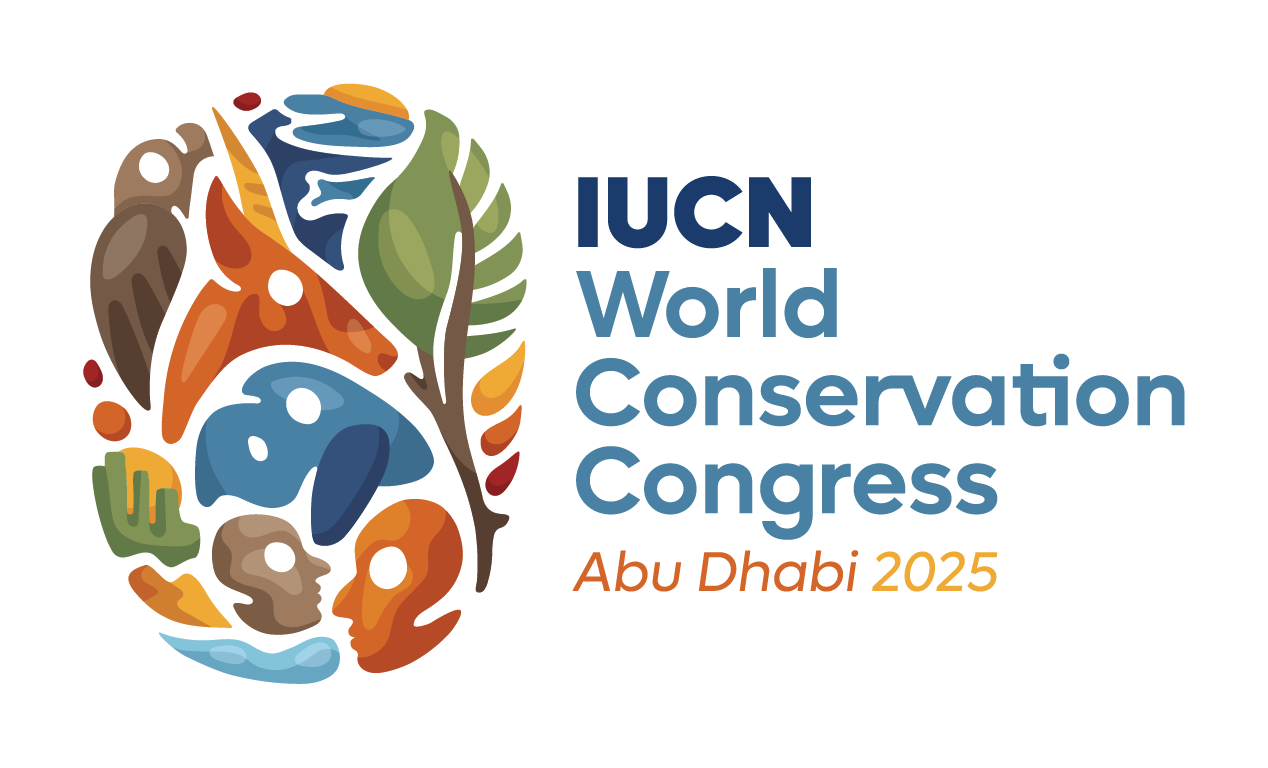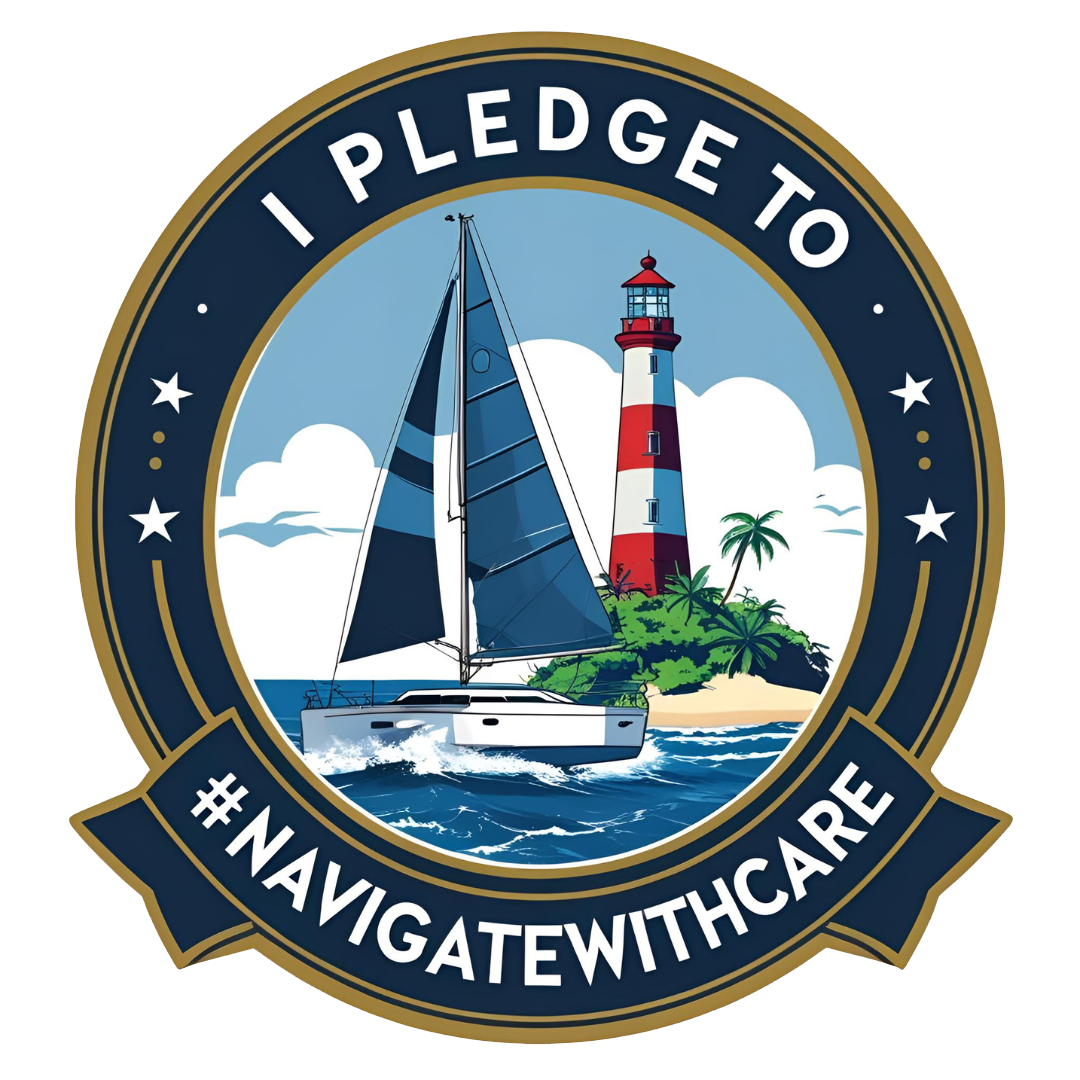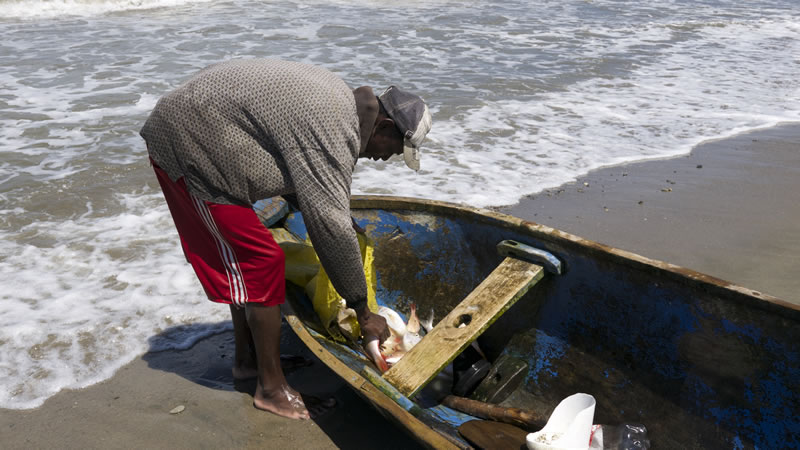
Cuero y Salado Wildlife Refuge in Honduras seems like an unlikely place to launch a custom-built app that collects fishing data but that’s exactly what a dedicated team from the Center for Marine Studies (CEM) in partnership with the Smithsonian Institution did earlier this spring.
Dr. Stephen Box, from the Smithsonian, heads up the team which brings researchers and practitioners together to solve real world conservation challenges. They have been working with the fishers on the north coast of Honduras for several years and together may have solved a problem that plagues small fishing communities across the globe.
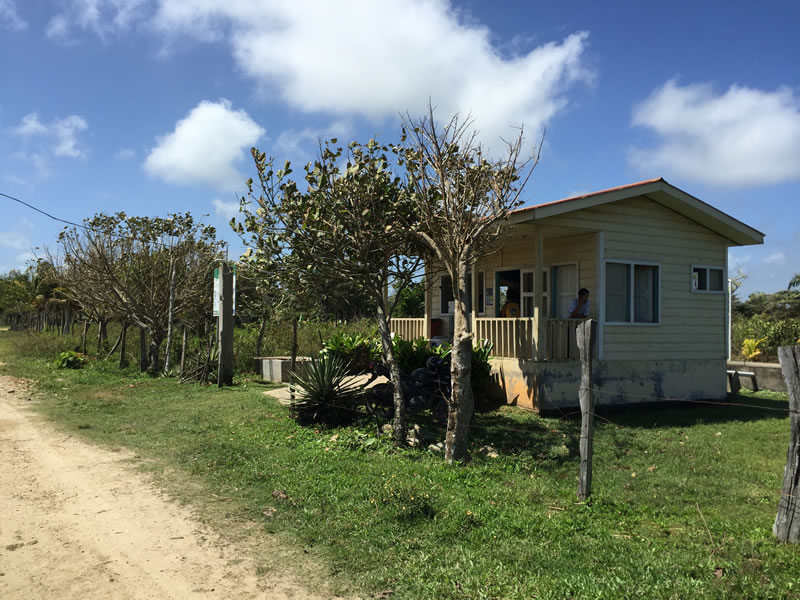
The fishers here, like most small scale fishers, have noticed that year after year their fish catch is decreasing. Not only that but it is taking more time and effort to catch the fish they need to make a living. But because their catch goes to a local buyer and then on to domestic markets there are no real data about the fishery. This makes it problematic to manage the fishery for sustainability, and often leaves the fishers voiceless when it comes to explaining the importance of their fishery to decision makers at a national level. These are two issues that the fishers would like to see rectified.
The Smithsonian – CEM team thought they could help. First they started collecting information from the fishers about the fish they caught including details about species, length and weight of each fish, and where they were fishing. They also launched a database to gather information about the fishers themselves and began working with the government to develop a national licensing and registry system for artisanal fishers.
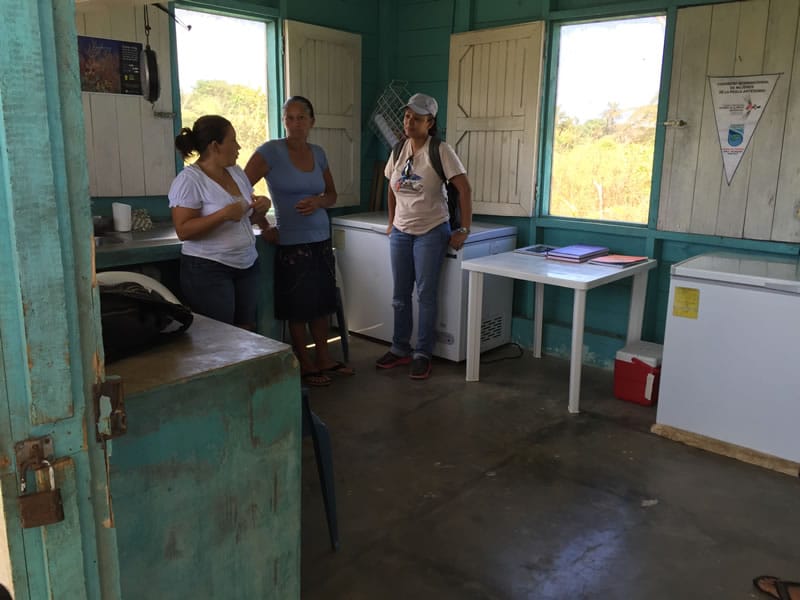
Collecting the fishing data started out with a time and labor intensive set of forms to fill in. The fishers diligently filled in the information about the fish they caught and at the end of each month handed back water splashed paperwork for the CEM team to decipher, digitize and analyze. Dr. Box and the CEM team needed a more streamlined approach.
“It’s just not a long term solution to collect this type of data using paper based systems,” Dr. Box explains. “Trying to maintain data collection and then getting the results back into the hands of those who need them might be possible in a few communities, but trying to do this across an entire country and sustain it indefinitely – we just couldn’t see how to do that without going digital.”
The problems of paper data may help to explain why to date few governments have managed to capture accurate information from their small scale and artisanal fisheries in the official records and why data from non-governmental organizations is often sporadic due to limitations in available funding.
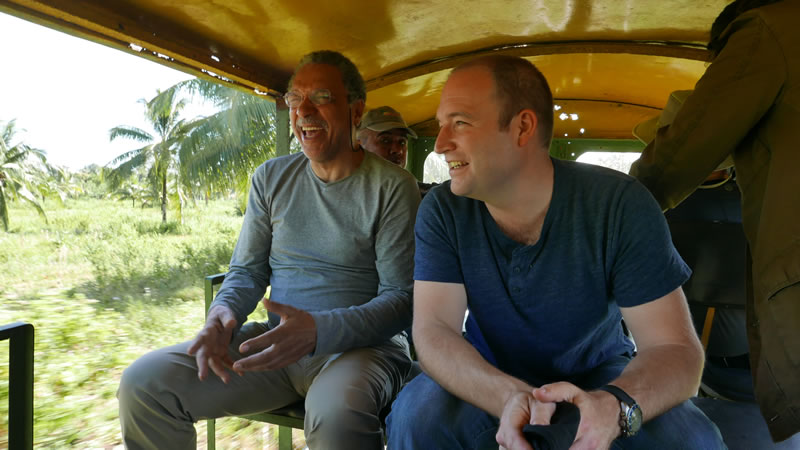
The team began to focus on the local buyers. Since virtually all the fish that the fishers caught came to a centralized buyer they could gather all the information in one place if the buyers participated in the scheme. Once the buyers were involved the data collection could go digital.
They decided to custom build a picture based app for a tablet, one that could relieve the paperwork burden and quickly bring together and store the fishing information from all the fishers in one place. This project has been years in the making and the Khaled bin Sultan Living Oceans Foundation and renowned fisheries scientist Dr. Daniel Pauly accompanied Dr. Box and the CEM team as they launched their new app in the first fishing community, La Rosita, on the Caribbean coast of Honduras.
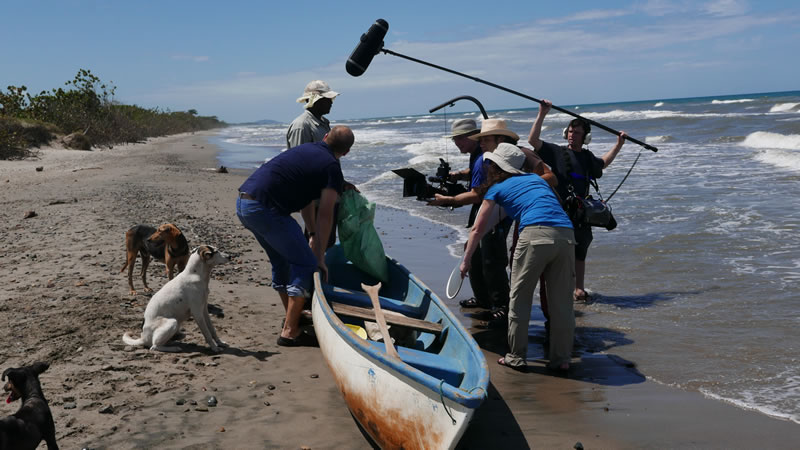
Dr. Pauly said, “The idea of developing an ‘app’ for the traders to record the fish they buy from artisanal fishers is fantastic, as it solves in a go a huge slew of problems: the traders get a bookkeeping system for their own business, the fishers know precisely what they catch, per day, month and year, and the government will not be able to ignore the catch of artisanal fishers any more, as it will be submitted electronically, ready to be incorporated into national statistics.”
The work in Honduras will be included in a film currently in production by the Khaled bin Sultan Living Oceans Foundation (filming through the remainder of 2015). The film features Dr. Daniel Pauly and investigates how we collect world fishing data and what that means for ocean conservation.
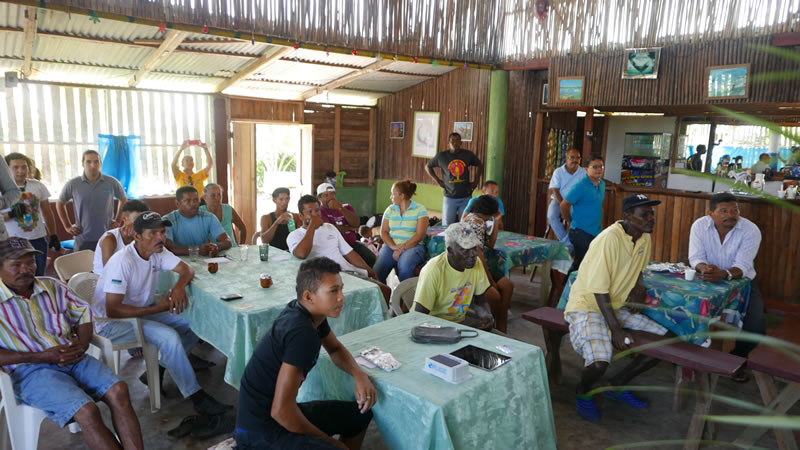
In La Rosita the fishers gather to see the new app. They are extremely pleased to know that the app will assemble the information about the fish and produce analytics on the quantity and species of fish being caught by fishing communities along the north shore of Honduras. That’s vital information if they are to conserve and even rebuild fish stocks. Ultimately the app will be rolled out to coastal communities across the country so it can combine the data from the 6,000 or so small scale fishers in north Honduras into one cloud database. These data will be accessible by the national fisheries department hundreds of miles away in the capital. Now government officials can easily see the contribution that these small scale fishers make to food security and the national economy.
Photos by Aaron Webster and Alison Barrat

